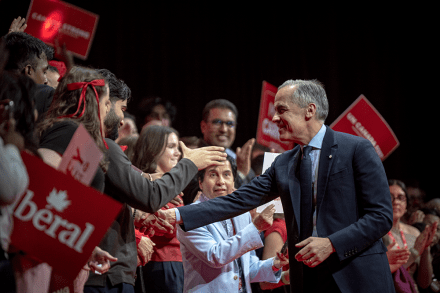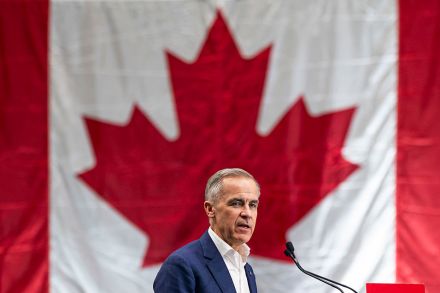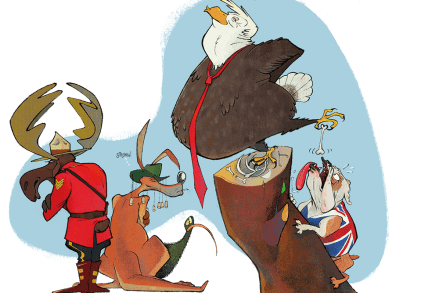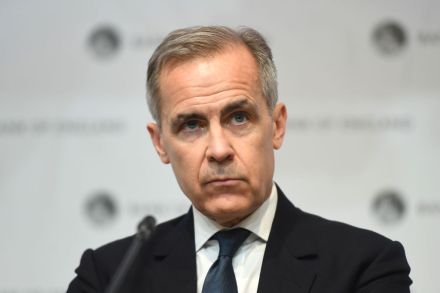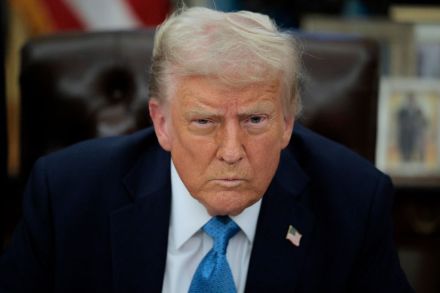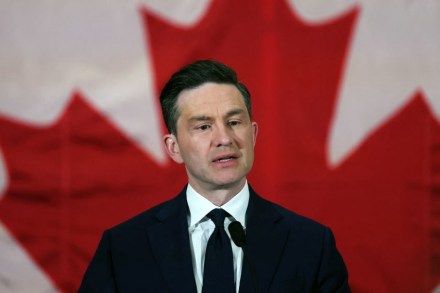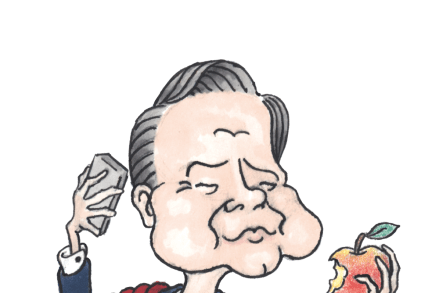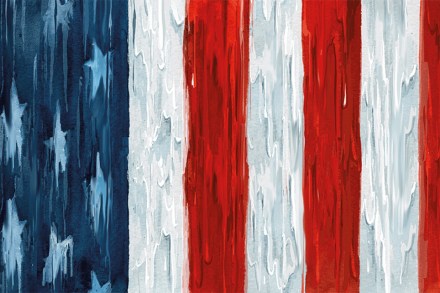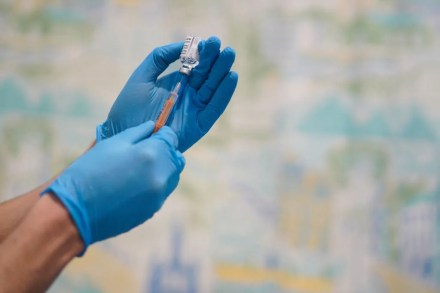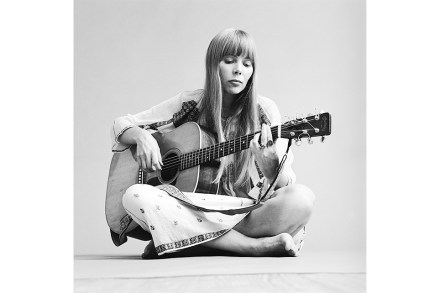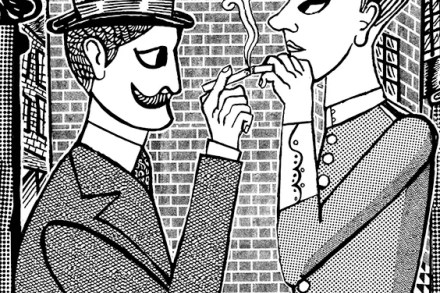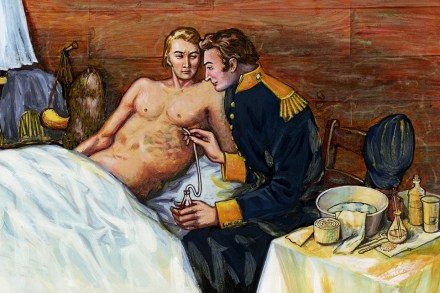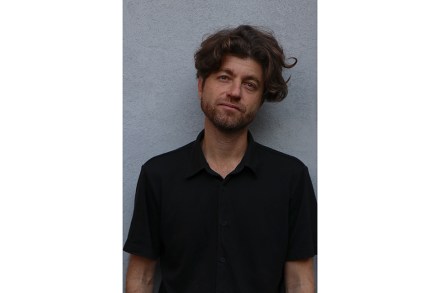A sensory awakening: the adventures of a cheesemonger
Food memoirs, as distinct from cookery books, and from the relatively new genre of ‘biographies’ of ingredients, used to fall into three rough groups: foraging, hunting or gathering food; producing or cooking food; and eating. Like the restaurateur Keith McNally’s recent I Regret Almost Everything, Michael Finnerty’s The Cheese Cure adds a fourth category, memoirs of those who sell or serve food. These foodie books often blur at the margins and merge at the borders but usually share the characteristic of being narrated in the first person – and if recipes are given they are often incidental. (Of course, many of these authors also write cookery books.) There is a



